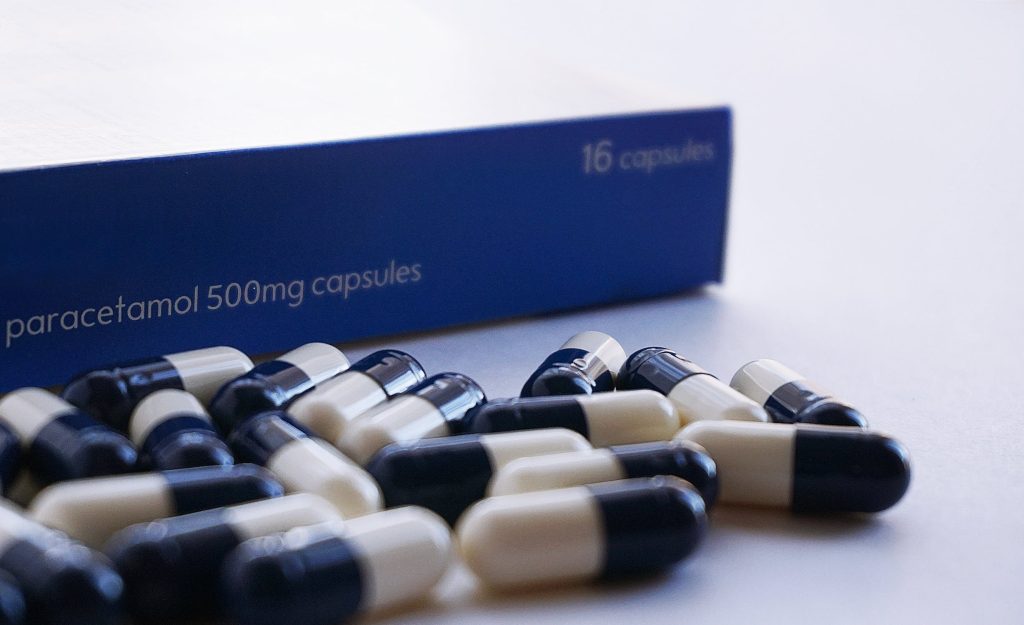Pharmaceutical companies play a vital role in developing and providing essential medications, contributing significantly to public health. However, the rising concern lies in how some pharmaceutical companies exploit this responsibility by setting exorbitant prices for their medicines, leaving consumers grappling with the burden of premium costs.
One primary factor contributing to inflated medicine prices is the extensive research and development costs associated with bringing new drugs to market. While research and innovation are crucial for medical advancements, some pharmaceutical companies use these expenses as a justification for setting sky-high prices on their products. This strategy not only covers research costs but often includes substantial profit margins, leaving consumers to bear the brunt.
Another tactic employed by pharmaceutical companies is the exploitation of patent laws. By securing patents on their drugs, these companies gain a temporary monopoly, allowing them to control the market and set prices without competition. This lack of competition enables them to charge premium prices, as consumers have no alternative options.

Moreover, aggressive marketing campaigns and lobbying efforts contribute to the perpetuation of high medicine prices. Pharmaceutical companies often invest heavily in promoting their products directly to consumers and influencing healthcare policies, creating an environment where the cost of medications becomes a reflection of marketing budgets rather than the actual value or production expenses.
The lack of transparency in the pharmaceutical industry further complicates matters for consumers. The intricate web of negotiations between drug manufacturers, insurance companies, and pharmacy benefit managers often results in obscured pricing structures. Consumers are left unaware of the actual cost of production and the various markups along the supply chain, leading to a disconnect between the real value of the medicine and its retail price.
Addressing the issue of inflated medicine prices requires a concerted effort from regulatory bodies, healthcare professionals, and pharmaceutical companies themselves. Stricter regulations, increased transparency, and ethical pricing practices are crucial steps toward ensuring that consumers are not exploited by exorbitant medication costs. As society collectively navigates the complexities of the pharmaceutical pricing landscape, the focus should remain on fostering a healthcare system that prioritizes accessibility, affordability, and the well-being of individuals over profit margins.











